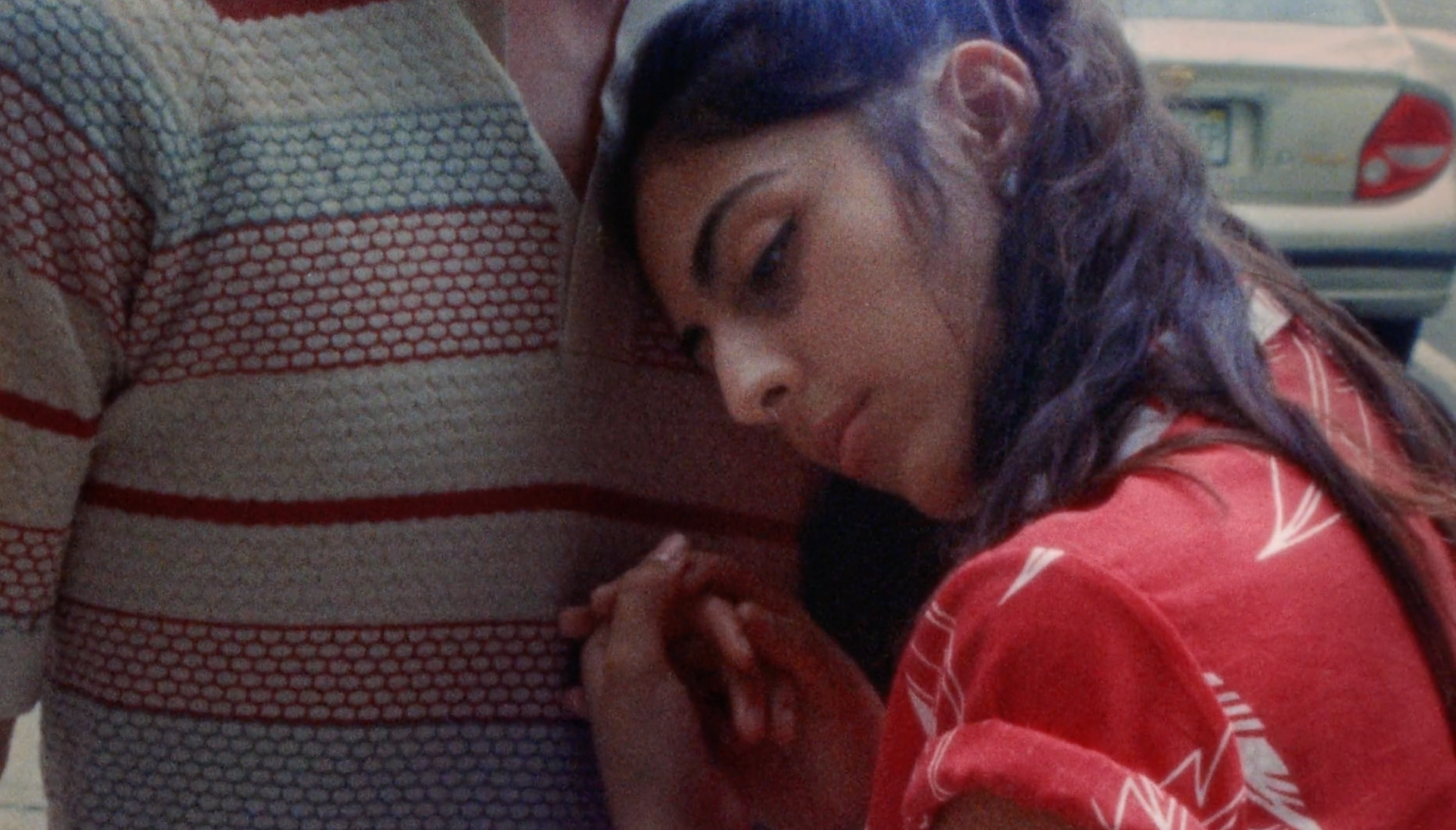“Film making is mostly about time,” says filmmaker Grace Evangelista, “you can either expand it, or make it narrow.”
The strange expansion and compression of time is something so many of us have been feeling these past two years—a period that sometimes feels like two minutes, and sometimes feels so much longer.
This is the sensation Grace describes in their short film Everything At Once, a visual dive into the moment when you first meet someone, and instantly begin to fall in love, imagining a future that may or may not actually happen. “How do we distill that?”, they asked in writing the project. “You have to recall these small moments, and make them bigger.”
Having graduated in 2017 with an MFA in Writing and Directing from NYU’s Tisch School of the Arts, Grace has spent the past five years working to answer this question, mostly through the lens of love and connection. Their thesis short film Fran This Summer, is a queer summer love story that premiered at Sundance, and Water Melts, which premiered at Tribeca Film Festival, is a VR-rom-com that premiered at Tribeca Film Festival. Their 2020 film La Gloria follows a queer teen girl recovering from a suicide attempt as she bonds with her grandmother, and last year, they directed Blood Hana, a coming of age story about a young woman who develops a crush on her female classmate, just before learning she may have inherited a disease onset by unrequited love.
Telling love stories differently is especially important to Grace. As a queer person of color originally from the Philippines, who moved with their family to the Bay Area, they are well versed in feeling othered. It’s a gaze they are interested in reversing. “We should stop making films for people to understand,” they say, explaining how why it’s so important to center marginalized experiences in film. “I am no longer othering. ” Finding empowerment in flipping the script, their goal is to present otherness as the norm.
On the surface, Everything At Once focuses on love between a man and woman, but Grace shares that the actors are friends who aren’t necessarily straight. Pushing back against the limitations of queergazing, they see learning more about someone else’s sexuality in its fullness as romantic. “When I was making this, I was thinking about how when you meet somebody, you think about all of those things, even just very quickly. Even if it’s not something that’s a lustful or a sexual thing, there’s still a friendship that can be formed.” As with anything, there’s always more there than meets the eye, if we take the time to go deeper.


